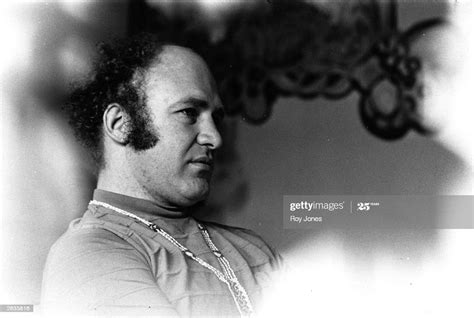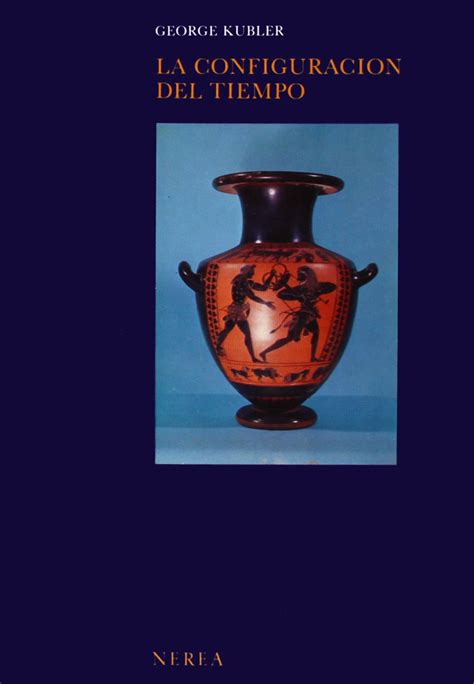A Quote by Nawal El Saadawi
To be creative means to connect. It's to abolish the gap between the body, the mind and the soul, between science and art, between fiction and nonfiction.
Related Quotes
Pay attention to the gap - the gap between two thoughts, the brief, silent space between words in a conversation, between the notes of a piano or flute, or the gap between the in-breath and the out-breath. When you pay attention to those gaps, awareness of 'something' becomes - just awareness. The formless dimension of pure conciousness arises from within you and replaces identification with form.
Any nation that expects to be ignorant and free," Jefferson said, "expects what never was and never will be." And if the gap between the educated and the uneducated in America continues to grow as it is in our time, as fast as or faster than the gap between the rich and the poor, the gap between the educated and the uneducated is going to be of greater consequence and the more serious threat to our way of life. We must not, by any means, misunderstand that.
I think, about the distinction between fiction and nonfiction. Fiction is not really about anything: it is what it is. But nonfiction - and you see this particularly with something like the BBC Samuel Johnson Prize for Non-Fiction - nonfiction we define in relation to what it's about. So, Stalingrad by Antony Beevor. It's "about" Stalingrad. Or, here's a book by Claire Tomalin: it's "about" Charles Dickens.
There are very real differences between science fiction and realistic fiction, between horror and fantasy, between romance and mystery. Differences in writing them, in reading them, in criticizing them. Vive les différences! They're what gives each genre its singular flavor and savor, its particular interest for the reader - and the writer.
Fantasy works inwards upon its author, blurring the boundary between the visioned and the actual, and associating itself ever moreclosely with the Ego, so that the child who has fantasied himself a murderer ends by becoming a Loeb or a Leopold. The creative Imagination works outwards, steadily increasing the gap between the visioned and the actual, till this becomes the great gulf fixed between art and nature. Few writers of crime-stories become murderers--if any do, it is not the result of identifying themselves with their murderous heroes.
The decision must be made between Judaism and Christianity, between business and culture, between male and female, between the race and the individual, between unworhtiness and worth, between the earthly and the higher life, between negation and God-like. Mankind has the choice to make. There are only two poles, and there is no middle way.
Actuality is when the lighthouse is dark between flashes: it is the instant between the ticks of the watch: it is a void interval slipping forever through time: the rupture between past and future: the gap at the poles of the revolving magnetic field, infinitesimally small but ultimately real. It is the interchronic pause when nothing is happening. It is the void between events.





































